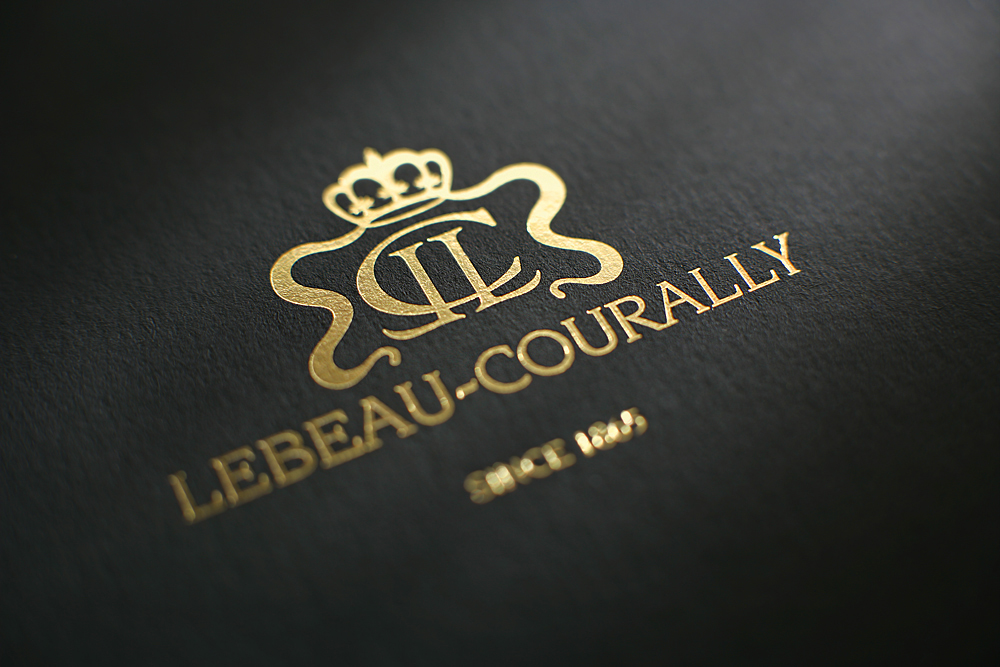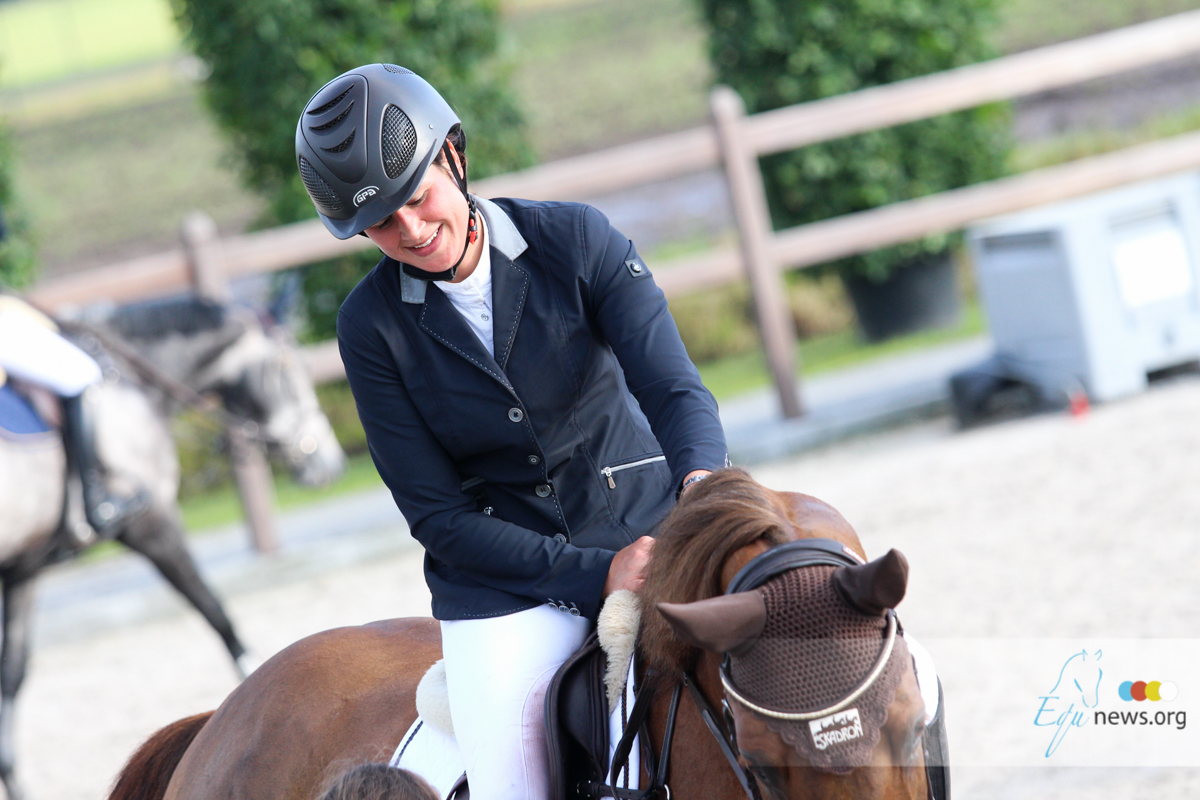Three horses have died at Masterpiece Equestrian Center in Davie, Fla., allegedly from ingesting feed contaminated with monensin and lasalocid, compounds that are commonly used as antibiotics in cattle feed, but are deadly to horses. The grain in question, distributed by Lakeland Animal Nutrition of Lakeland, Fla., a subsidiary of Alltech, was initially tested by Michigan State University at the request of Masterpiece Equestrian Center. The results came back positive for monensin. Lakeland Animal Nutrition, purchased by Alltech in 2012 and operated independently, also makes cattle feed. The Florida Department of Agriculture then launched its own investigation, sending samples of the feed to the New York Department of Agriculture and Markets Food Laboratory, and test results came back Nov. 24. They confirmed the presence of monensin and revealed another compound in the feed, lasalocid, which is also used as a growth hormone in cattle. Bob Poppenga, DVM, professor of veterinary science at the University of California Davis and veterinary toxicologist with the California Animal Health and Safety Laboratory, has seen cases of horses that have ingested monensin before, and he said equines are extremely sensitive to both compounds. “It depends a little bit on the amount that they’re exposed to. It can cause just very, very sudden death,” Poppenga said. “It affects the functioning of the heart, and if there’s acute damage to the heart then typically they die from heart failure.” The first sign riders and trainers at Masterpiece Equestrian Center had that something wasn’t right was when they took a group of horses to a show the weekend of Oct. 9-10. “A couple of the horses were very lethargic and weren’t eating,” said Danica Pryce, trainer at the Pryce family-owned MEC. One of the horses at the show, Goldfish, was acting particularly odd. “He was laying down in his stall, and he wasn’t finishing his food, so I told my student to go walk him around because I thought he was colicing,” Pryce said. “And then he started laying down in between the rings, so we sent him home.” Once “Fish” got back to the farm, he returned to normal. Then another horse began to act strangely on Oct. 11. The day after Fish returned from the show, when the horses at the farm were being turned out, When In Roam had trouble leaving his stall. “He came out of the stall dragging his hind legs, and within 20 feet he collapsed,” said Debra Buis, a client at MEC whose daughters Jamie and Rachel have horses at the facility. “Paris” was rushed to Reid and Associates Equine Clinic in Wellington, Fla., but he collapsed in the trailer and died shortly after arriving. He belonged to an 18-year-old named Sydney Cardenas. “We thought we lost a horse to colic,” Debra said. “Then Friday morning, again we go to take the horses out of their stalls, and we took a pony named Dallas out of his stall, and he was dragging his hind feet.” After lying on his owner Isabelle Gottschall’s lap throughout the day and into the night hooked up to intravenous fluids, Dallas was euthanized at 10 p.m. that evening. A few days later, a lesson horse named Crimson Ride collapsed in his paddock with blood coming out of his nostrils. After getting him back on his feet and into a stall for the night, “Rudy” died the following morning. “Millie [Pryce, Danica’s mother and owner of MEC] opened the stall door to go in and change his IV, and he lunged forward, collapsed, and had a massive cardiac event and died,” said Debra. A necropsy performed on Rudy at the Florida Department of Agriculture in Kissimmee revealed the issue. “The veterinarian on duty called me within 30 minutes of his arrival,” Debra said. “She had him on a table and opened him up, and she said, ‘I think you have a serious problem. I think this is monensin.’ ” According to necropsies done on the three horses that died, all had trace amounts of monensin within their heart tissues and gastric contents. Lakeland Animal Nutrition has since issued a voluntary recall on three different products from four different lots: Signature Status Pellet (Lot Number 14-251) – Manufacture Date: Sept. 8 Signature Equilete Pellet (Lot Number 14-259) – Manufacture Date: Sept. 16 Signature Status Pellet (Lot Number 14-280) – Manufacture Date: Oct. 7 LAN 10 Pellet (Lot Number 14-281) – Manufacture Date: Oct. 8 LAN also issued the following statement: “We are very saddened by the sicknesses and deaths of the horses at Masterpiece Equestrian in Davie, Fla., and we extend our deepest sympathies to the owners and everyone involved. “There have been a number of inaccurate reports circulating. Please rest assured that Lakeland Animal Nutrition takes this situation very seriously. We have been cooperating with all of the authorities investigating the matter, and we have been in communication with representatives of Masterpiece Equestrian. An internal investigation is also underway. “Our thoughts are with the Masterpiece Equestrian family, and, although their horses could never be replaced, we are committed to doing all we can to bring comfort to them in their suffering.” On Nov. 4, LAN announced they’re ceasing production of all equine feeds effective immediately. “We have not come to this decision lightly,” said the company in a statement. “It has been the result of many months of consideration and ultimately allows us to focus on core manufacturing competencies in beef, dairy, poultry and swine along with other classes of commercial livestock.” For the surviving horses at MEC, returning to the show ring or even riding is out of the question. “We have been advised that any stress or exertion on these horses can put them into immediate cardiac event,” Debra said. Danica lost both her lesson program and the ability to compete her own jumper, Ambidextrous, a 7-year-old Dutch Warmblood she’s owned, raised and trained since he was 6 months old. “They can’t be worked at all; they can’t ever be worked again in their life,” Pryce said of the surviving horses. “Since this has been happening, we’ve had what we call spa days, where the girls just come out and groom and bathe and graze. There have been 20 of them out there every single day, and they’re out there for hours. The girls just love the horses.” MEC and private owners of the 20 total horses have hired attorney Andrew Yaffa to represent them in any legal dealings with Lakeland Animal Nutrition and Alltech. “The feed company needs to do what’s right and make this better for everyone,” Jamie Buis said, “because even though horses aren’t replaceable, they need to do their best to make this bearable for everyone at the barn.”
Three Horses Dead After Allegedly Ingesting Tainted Feed
-
categories: Lifestyle



